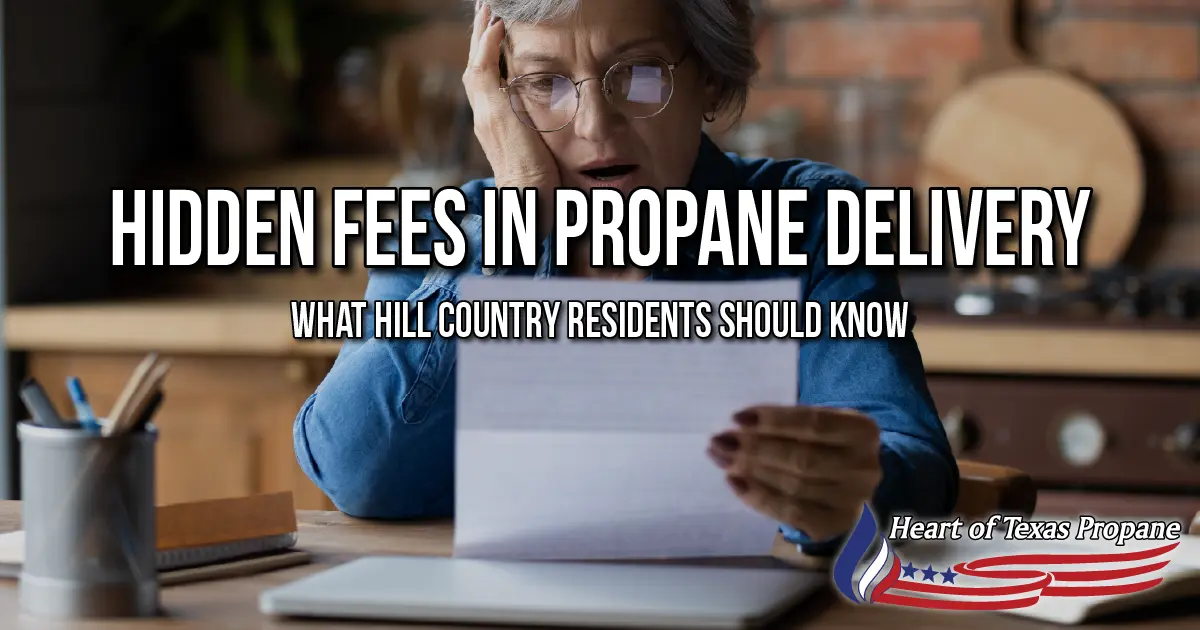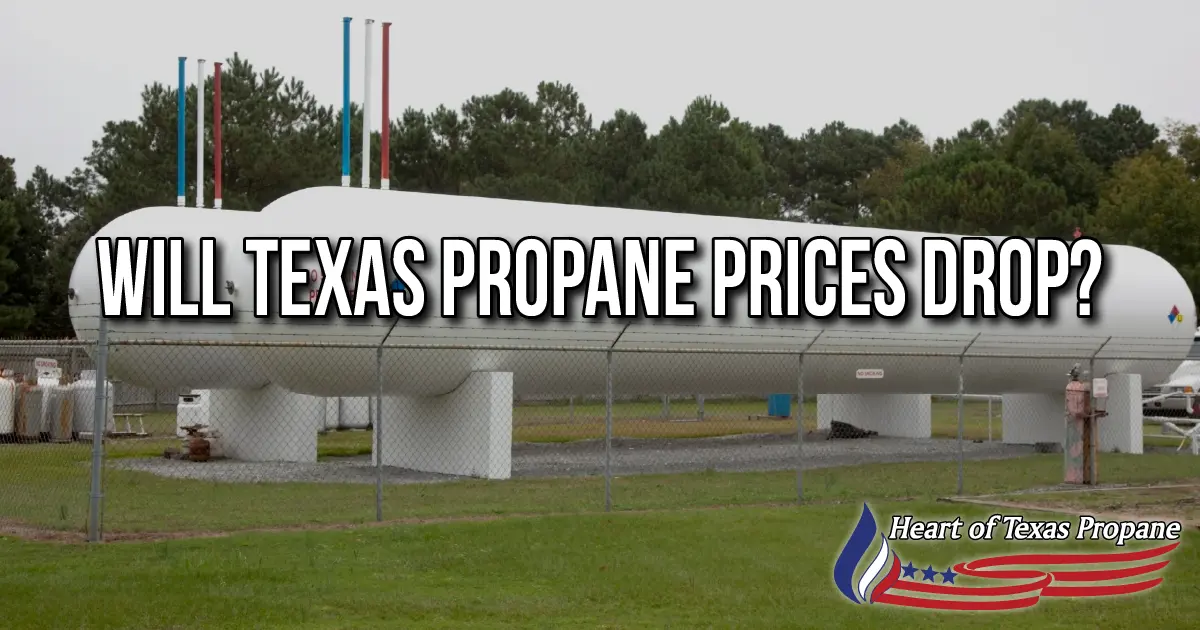Keeping the Flame Alive
Troubleshooting Propane Tank Problems Safely
Propane tanks are the workhorses of many households, powering grills, heaters, and even appliances. But like any hardworking piece of equipment, they can encounter problems. The good news is that many common propane tank problems can be easily identified and addressed. However, safety is paramount when dealing with propane, so let's explore how to troubleshoot these issues while keeping yourself and your loved ones safe.
Spotting the Signs of Trouble
- The Smell Test: Propane has a distinct odor added for safety reasons. If you detect a strong gas smell near your tank or appliance, it's a clear sign of a leak.
- Flame Flickering: An inconsistent or weak flame from your propane appliance could indicate low fuel or a pressure issue with the tank.
- Hissing Sounds: Hissing noises coming from the tank or connection points could signify a leak.
- Slow Cooking Times: If your propane grill is taking significantly longer to preheat or cook food, it might be a sign of low pressure or a clogged burner.
Troubleshooting Tips (Remember: Safety First!)
Safety Precautions
- Never ignore a suspected leak: If you smell gas, immediately turn off the propane tank valve and shut off the appliance. Evacuate the area and call 911 or your local gas company.
- Don't light a match or use any other ignition source near the suspected leak. Propane is highly flammable, and a spark could cause an explosion.
- Use a soapy water solution to identify leaks. Brush the soapy water on the connections and tank valve. If bubbles appear, you've located the leak.
Simple Fixes
- Low Fuel: If your tank is simply running low, have it refilled by a licensed propane supplier.
- Clogged Burner: Clean the burner orifice according to your appliance's manual.
- Loose Connections: Tighten any loose fittings with a wrench, but don't over-tighten.
When to Call a Professional
- If you suspect a leak and cannot locate it yourself.
- If you're unsure about how to fix the problem.
- If your tank shows signs of damage, rust, or dents.
Keeping it Safe
- Schedule regular tank inspections by a qualified professional.
- Visually inspect your tank and connections for damage or rust before each use.
- Only use propane tanks and appliances that are UL-listed (meeting safety standards).
- Store your propane tank outdoors, upright, and in a well-ventilated area away from direct sunlight and heat sources.
- Never store propane tanks indoors or in enclosed spaces.
- Always follow the manufacturer's instructions for using and maintaining your propane appliances.
By following these tips and prioritizing safety, you can troubleshoot common propane tank problems and keep your appliances running smoothly. Remember, if you're ever unsure, don't hesitate to call a qualified propane service technician. After all, a little caution goes a long way in ensuring your propane-powered enjoyment continues safely.
Need a Safety Checkup on Your Home or Business Propane Tank?
Schedule service with Heart of Texas Propane today and we'll come out and give your tank a full inspection.
More Fuel for Thought Blog Posts

Schools Switching to Propane School Buses
Propane school buses save Texas Hill Country districts money, cut maintenance costs, and qualify for grants—making them a smart, budget-friendly choice.

Hidden Fees in Propane Delivery
When it comes to keeping your home, ranch, or business running on propane, the price you see advertised isn’t always the price you pay.

Will Texas Propane Prices Drop?
Texas propane supply is stronger than ever. Here’s what that means for prices and what Hill Country customers can do to save.









